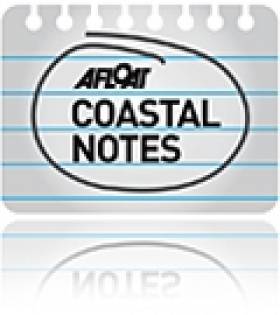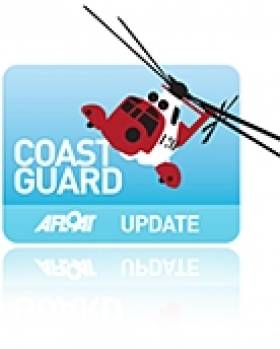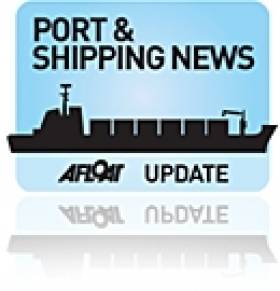Displaying items by tag: Pat Carey
Minister Grants Foreshore License for Corrib Pipeline
New Minister for the Environment Phil Hogan has signed off on a key foreshore licence to Shell Ireland, paving the way for the completion of the controversial Corrib gas project.
The Irish Times reports that the licence, subject to conditions, consents for the construction of the final 8km section of pipeline linking the Corrib gas field to Shell's onshore terminal at Ballinaboy. Co Mayo.
The scheme already has approval from An Bord Pleanála, and consents approved by former acting energy minister Pat Carey. But An Taisce has sought a judicial review of the planning decision, due before the High Court on Tuesday.
Still required by the developer before any work can begin are a revised emissions licence from the Environmental Protection Agency and a safety permit from the Commission for Energy Regulation under the Petroleum (Exploration and Extraction) Safety Act 2010.
The Irish Times has more on the story HERE.
- Natural Gas
- pipeline
- Corrib
- Corrib Gas field
- Corrib gas pipeline
- Shell Ireland
- Co Mayo
- Ballinaboy
- Minister for the Environment
- Phil Hogan
- Minister for Energy
- Pat Carey
- An Taisce
- An Bord Pleanála
- High Court
- judicial review
- Environmental Protection Agency
- Commission for Energy Regulation
- Petroleum (Exploration and Extraction) Safety Act 2010
Coast Guard Gets Air Ambulance Status
Helicopter crews with the Irish Coast Guard have been awarded full air ambulance status more than a year ahead of schedule, The Irish Times reports.
Under the upgrade, there will be at least one trained paramedic on board any search and rescue flight whether inland or at sea. Previously they operated at 'emergency medical technician' level.
Paramedic status allows trained crews to give injections and administer advanced techniques to clear airways or treat cardiac arrest.
Transport Minister Pat Carey, who comfirmed the move, said: "“The introduction of new technology and the improved paramedic level of care will see quite a significant improvement in capabilities.”
Cape Clear Ferry Service Awarded
The ferry service contract for Cape Clear in Co. Cork has been awarded to the company, Thar Tonn Teo.
The 'Island Princess' will be used as the main vessel for the service from the middle of March 2011 onwards. The boat 'Tranquility' will be used until then. The contract will come into effect from February 1st 2011 and will be operational for eight years until 31st of January 2019. The contract is worth €2.65m in total.
This contract was awarded as a result of a competitive tendering process that was initiated by the Department of Community, Equality and Gaeltacht Affairs. As he announced the winning contract, the Minister Pat Carey said, "I am very pleased that a long-term agreement has been put in place which will ensure that the people of Cape Clear have a ferry service in the years to come and I wish the new service every success."































































